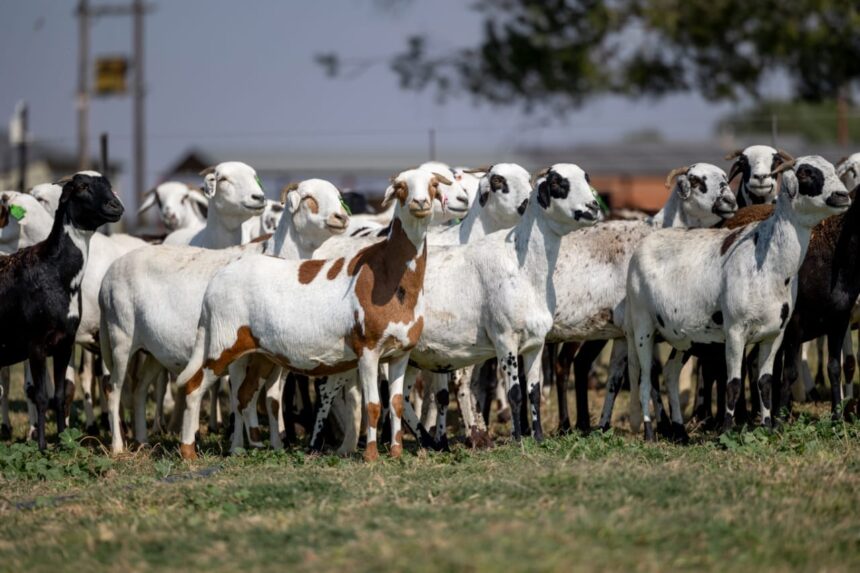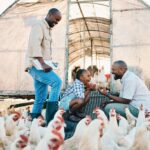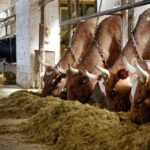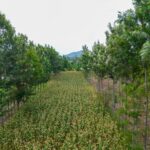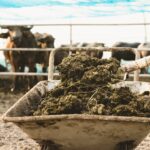Livestock farming in the Northern Cape can be both rewarding and challenging, especially for smallholders. With its arid climate, vast landscapes, and limited natural water sources, the region requires strategic planning and smart practices to ensure sustainability and profitability. However, by tapping into some key livestock farming secrets, small-scale farmers in the Northern Cape can unlock the full potential of their operations.
One of the most important secrets to success is selecting the right breed for the environment. In the Northern Cape, indigenous and crossbred animals tend to perform better due to their natural resilience to drought and heat. Breeds like the Nguni for cattle, Boer for goats, and Damara for sheep are well-suited to this region’s tough conditions. These animals are not only hardy but also require less input in terms of feed and water, making them ideal for low-cost operations.
Water management is another game-changer. In a province where rainfall is scarce and unpredictable, maximizing every drop is crucial. Installing rainwater harvesting systems, using solar-powered boreholes, and maintaining efficient water troughs can ensure a constant water supply for your animals. It’s also wise to monitor water quality regularly, as contaminated water can lead to disease outbreaks that devastate livestock numbers.
Grazing management is equally critical. Overgrazing quickly depletes veld quality, leading to erosion and long-term land degradation. Implementing rotational grazing systems allows pastures to recover and improves overall forage availability. This practice also reduces parasite loads and boosts soil fertility, helping smallholders maintain healthy, productive animals without relying heavily on commercial feed.
Speaking of feed, one well-kept secret among successful smallholders is the use of locally available feed resources. Crop residues like maize stover, sunflower heads, and lucerne offcuts can be turned into nutritious livestock feed with proper processing. Mixing these with salt licks and mineral supplements ensures animals receive balanced nutrition even during dry seasons.
Animal health should never be neglected. Regular vaccinations, parasite control, and veterinary check-ups can prevent losses and boost production. Creating a simple health calendar tailored to your herd or flock ensures that you stay on top of seasonal health risks. It’s also beneficial to learn how to recognize early warning signs of disease so you can act before problems escalate.
Another secret weapon for smallholders is recordkeeping. By tracking births, deaths, sales, expenses, and animal growth, farmers can make informed decisions about breeding, culling, and marketing. Even a basic notebook can help identify patterns and improve financial planning. Over time, this habit can dramatically increase farm efficiency and profitability.
Collaboration is also powerful. Many successful smallholders join cooperatives or farmer support groups, which give them access to bulk buying discounts, shared equipment, and knowledge exchange. Some even partner with nearby crop farmers to trade manure for crop residue, creating a mutually beneficial cycle of resources.
Lastly, understanding the market is key. Selling livestock at the right time—when prices are high and animals are at peak condition—can mean the difference between profit and loss. Building relationships with local butcheries, abattoirs, or direct-to-consumer buyers allows for better pricing and consistent demand.
In the Northern Cape, smallholder livestock farming requires patience, resilience, and innovation. By embracing these secrets—smart breed choices, water conservation, veld management, local feed sourcing, good animal health practices, recordkeeping, collaboration, and market awareness—farmers can build successful, sustainable businesses even in the face of environmental challenges.
Join 'Farmers Mag' WhatsApp Channel
Get the latest Farming news and tips delivered straight to your WhatsApp
CLICK HERE TO JOIN
